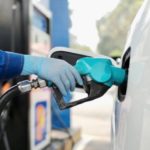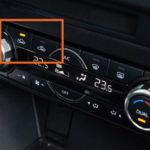Fuel consumption depends on the type of vehicle, the condition of the vehicle, and objective factors such as temperature, distance, etc. In addition, the driver’s usage habits also have a significant impact on fuel efficiency. Here are some bad habits of drivers that cause cars to consume more fuel.
Aggressive acceleration and braking
The habit of flooring the gas pedal and braking hard is one of the causes of increased fuel consumption. In this case, the engine RPM is unstable, and the fuel combustion process is faster. To ensure power and traction for the vehicle’s operation, more fuel is needed than usual.
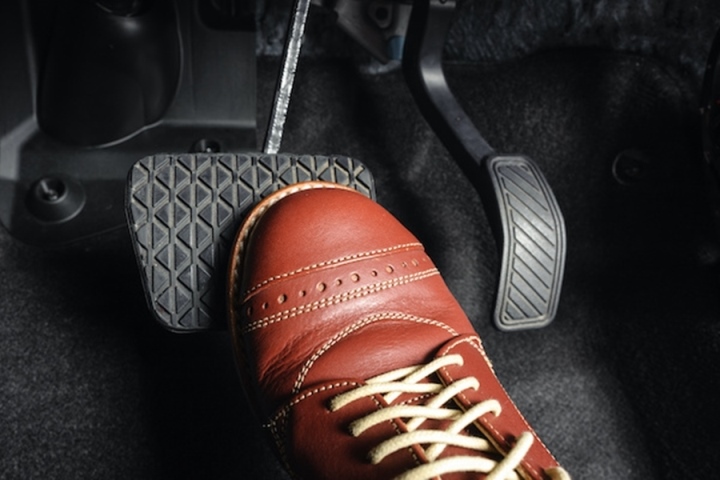
(Image: Luke’s Auto Service)
Therefore, drivers should gradually increase speed, maintain a steady throttle, and coordinate the gas pedal and gear shifts smoothly. This habit not only helps save fuel but also ensures safety when participating in traffic and extends the lifespan of the engine.
Driving with underinflated tires
Regularly driving with tires that have lower than standard tire pressure is also one of the causes of increased fuel consumption.
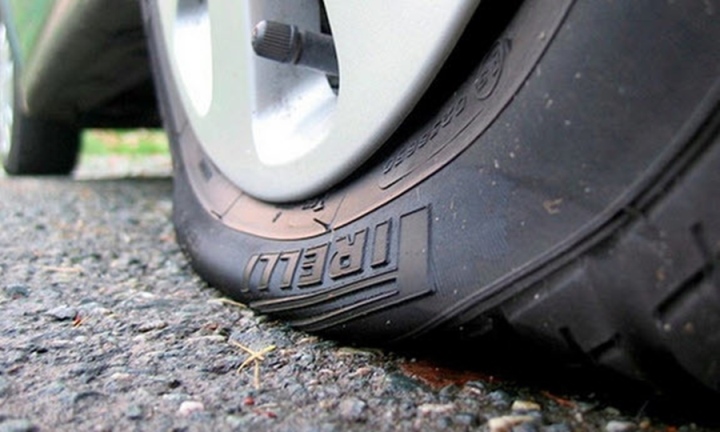
(Image: Getty)
Car technicians say that worn-out tires or low tire pressure increase the contact area between the wheels and the road surface, resulting in higher drag force and increased fuel consumption during operation.
Nowadays, many car models are equipped with a tire pressure monitoring system. Drivers need to pay attention to check and ensure that the tires are always properly inflated.
Not turning off the engine when the car is idle
Many drivers believe that turning off the engine when the car is stopped for a short period of time will consume more fuel than leaving the engine running. However, this belief not only causes the car to consume more fuel but also contributes to environmental pollution.
Research by the California Energy Commission (USA) shows that every minute the engine is running while the vehicle is stationary consumes the same amount of fuel as driving 1km. In order to support customers in the process of operating the vehicle more conveniently, most modern vehicles are equipped with an electronic fuel injection system with an automatic engine start/stop function, which helps reduce fuel consumption each time the engine starts. Therefore, vehicle owners should maximize this system and its supporting features to save fuel.
Excessive use of electrical devices in the car
Abusing electrical devices in the car such as lights, air conditioning, entertainment features, etc., also significantly increases fuel consumption. Therefore, turn off lights and air conditioning when not needed.
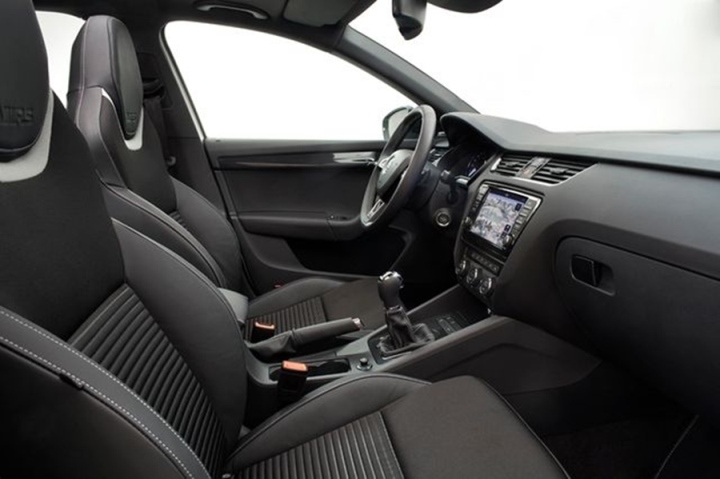
(Image: Car Throttle)
In the summer, avoid closing the windows and running the air conditioning at its highest setting. This makes the air conditioning system run at full capacity. Instead, lower the windows and open/close the car doors a few times to release hot air from the car. Use the air conditioning at a moderate temperature, increase the fan speed if necessary to cool down before deciding to lower the temperature.
Overfilling the fuel tank
Gasoline has the property of evaporation and expansion. If the fuel tank does not have enough space, gasoline can leak out and cause waste. Moreover, expanded gasoline in high-temperature conditions creates pressure on the fuel tank, posing a risk of explosion.
Gasoline should be filled to the proper level according to the manufacturer’s regulations. Avoid refueling during noon or early afternoon to limit fuel evaporation due to the high outdoor temperature.
Stockpiling too many items in the car
Many drivers have the habit of stockpiling a lot of items in the car such as blankets, food, drinks, camping gear, etc., that are not frequently used. This increases the weight of the vehicle and causes more fuel consumption.
A better way to save fuel is to only carry the necessary items for each trip. After the trip, remove the items from the car instead of keeping them from day to day.
Lowering the windows while driving at high speeds
When driving at speeds over 70 km/h, many drivers turn off the air conditioning and lower the windows to use the outside air to cool down the car and save fuel. However, this is actually a misconception. Opening the windows while driving increases wind resistance, causing the engine to work harder and consume more fuel.
Ignoring regular maintenance schedule
Failure to regularly maintain the vehicle increases the risk of malfunctions and unstable operation, leading to increased fuel consumption.
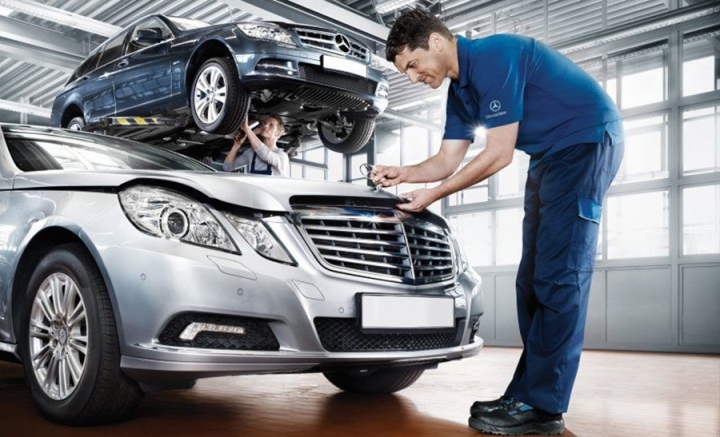
Regular maintenance helps fix issues and save fuel. (Image: Getty)
Proper maintenance helps address these issues. In addition, during maintenance, technicians will clean certain parts such as air filters, check and troubleshoot spark plugs, exhaust pipes, replace oil, replace coolant. These actions help the vehicle operate better and save fuel.
Source: vtc.vn
Common Mistakes That Cause Motorcycles to Consume More Fuel
Many seemingly inconsequential habits can actually have a significant impact on fuel consumption when it comes to motorcycles.



























